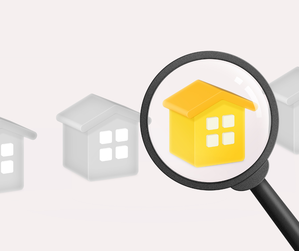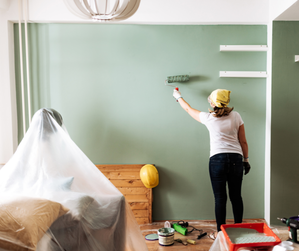Determining the right asking price is a pivotal factor in the home-selling journey, especially in the dynamic Chicago real estate market. Striking the perfect balance between attracting buyers and optimizing your property’s value is essential. Here’s a breakdown of key considerations to guide your pricing strategy:

chicago real estate comparables
1. Comparable Sales (Comps): Begin by examining recent sales of properties similar to yours in your neighborhood or a comparable area. Real estate professionals rely on these ‘comps’ to gauge a property’s worth. Pay attention to size, age, condition, and location when selecting these comparables.
2. Market Conditions: Assess the current state of the Chicago real estate market. Is it a buyer’s market, characterized by an abundance of homes for sale, or a seller’s market, marked by high demand and limited supply? Market conditions heavily influence your pricing strategy.

Chicago real estate condition
3. Property Condition: Be objective about your property’s condition. If it requires significant repairs or updates, it may warrant a lower price compared to similar properties in better shape.
4. Unique Features: Highlight any distinctive features or upgrades your home offers that could justify a higher asking price. For instance, a renovated kitchen, spacious backyard, or a pool can enhance your property’s value.
5. Location: Chicago’s diverse neighborhoods can greatly impact property values. Consider factors like school districts, proximity to amenities, and the overall neighborhood ambiance.
6. Appraisal: Keep in mind that lenders require an appraisal before approving a buyer’s mortgage. An excessively high asking price relative to the appraised value can complicate the sale process.
7. Timing: The time of year can also influence pricing. Some seasons are more favorable for selling, potentially affecting the price you can command.
8. Market Competitiveness: Evaluate the competitive landscape within your area. If there’s a surplus of similar homes on the market, you may need to set a more competitive price to attract buyers.
9. Negotiation Room: Determine your willingness to negotiate. Overpricing can discourage potential buyers, while underpricing might lead to a quick sale but could leave money on the table.
10. Professional Guidance: Leverage the expertise of a local real estate agent. They can provide a Comparative Market Analysis (CMA) and valuable insights into your market, aiding you in setting a competitive asking price.
Remember, selecting the right asking price is pivotal to drawing potential buyers and securing a successful sale. An excessively high price can lead to extended market time, while an overly low one may result in missed profit opportunities. Balancing these factors will help you arrive at an equitable asking price that reflects your property’s value in Chicago’s current real estate landscape. Reach out to schedule a free 15 minute consultation with Leslie for more guidance.


